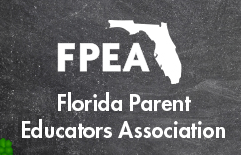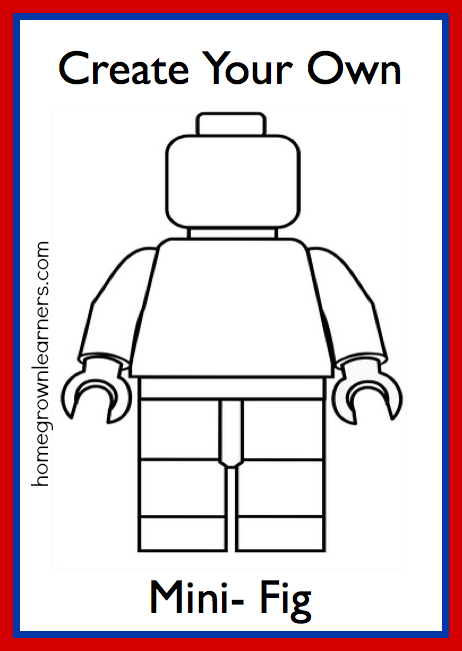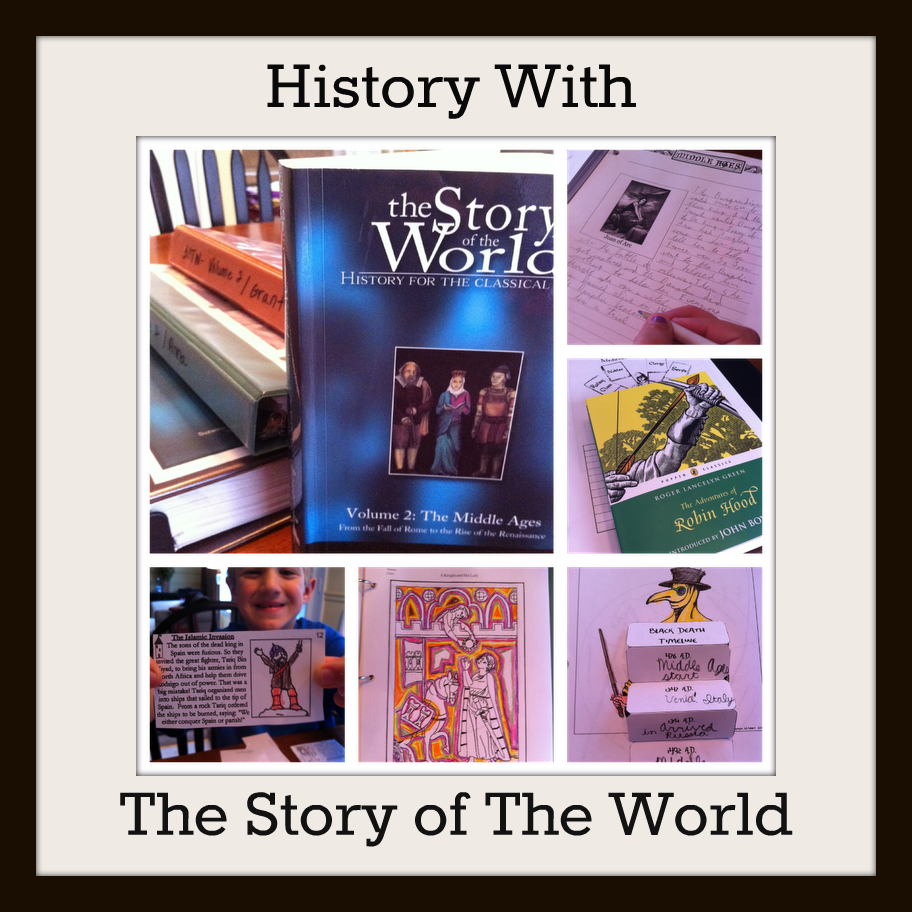A Simple Way to Learn Vocabulary
 Monday, March 24, 2014 at 5:00AM
Monday, March 24, 2014 at 5:00AM

We all want our children to have a rich vocabulary.
When children are younger we are always pointing out the meanings of words to them. We read aloud to them and define beautiful words as we go.
As children get older I'm not sure we emphasize new vocabulary quite as much. (Maybe you do, but I found in my house it went by the wayside.)
This year, as a Challenge A student in Classical Conversations, my daughter is reading many wonderful books. She reads a book, discusses it with me (and her class), and then writes a persuasive essay (using The Lost Tools of Writing) about a specific issue in the book.
I still wanted her to be learning new vocabulary, however, so we needed a simple system that was fun for her, too.
Making Vocabulary Notecards
When my daughter is reading one of her assigned books she must write down at least 5 words per chapter that are new to her.
She looks them up (please tell me I'm not old fashioned by teaching dictionary skills) and writes their meaning on a notecard.
{Give your child colored pencils for this - everything is better when it's in color!}

(These words are from A Gathering of Days)
She shows me these notecards and I use them to drill these new words with her after she has finished the book. I also verbally quiz her on their spellings, but not always. I don't want to turn this into drudgery, rather a fun study of words.
Easy. Simple. Effective.
I'm finding we don't need a fancy vocabulary curriculum - just time tested, quality literature and a stack of notecards will do.
How do your children study vocabulary?


















Reader Comments (8)
Grace just started Wordly Wise which I was not sure she would like because it is so workbook-y but she loves it and makes notecards of the weekly words and does one activity each day M-F. She has even asked for a "spelling test" on the words!
I've been thinking about what we'd do after we finish spelling next year. I wanted to add vocabulary but don't want to do a full vocab program. This sounds like the perfect thing to do instead.
This is so simple and yet so wonderful!!! I will be starting this with my girls!! We are a Charlotte Mason family, and we read lots and lots of books. This is so perfect!
THANK YOU!
I had a teacher in high school , who asked us to write down unfamiliar words along with the definition and turn them in. He would combine the lists, pass out a sheet of new words and definitions, and give us a vocabulary quiz a few days later. I want my 11 year old, who reads a lot, to start finding a word each day, to write down and learn. It is a good activity. I still stop and look up unfamiliar words. I love my Kindle, because I can get the definition immediately, while I read.
For next year, my oldest daughter will write in a journal everyday, then choose a part pf speech, such as verbs, and will cross every one out. Then she will use a thesaurus to write synonyms instead.
This is a great idea! I'll have to implement it into our reading time. I make my kids use the dictionary too, and the archaic set of Encyclopedias we have.
My eldest (now sixth grade and nearly finished, will be with all his texts by mid April) learns his vocabulary this way. We also have him come tell us the definition of a word he's looked up for his fun reading and act like we didn't know it before, then randomly we'll ask him what that word was again and what it meant throughout the week. Dictionary skills are a must in this house LOL
I had a friend, who is a college lit professor, tell me recently that if you read over a word that you dont know, even if the general meaning might be obvious, and if you dont look up that word you are doing the author an injustice, bc the author chose said word for a reason. I thought this was an interesting point, but have not figured out a way to make my teen look up words. I like the 5 words per chapter rule a lot!